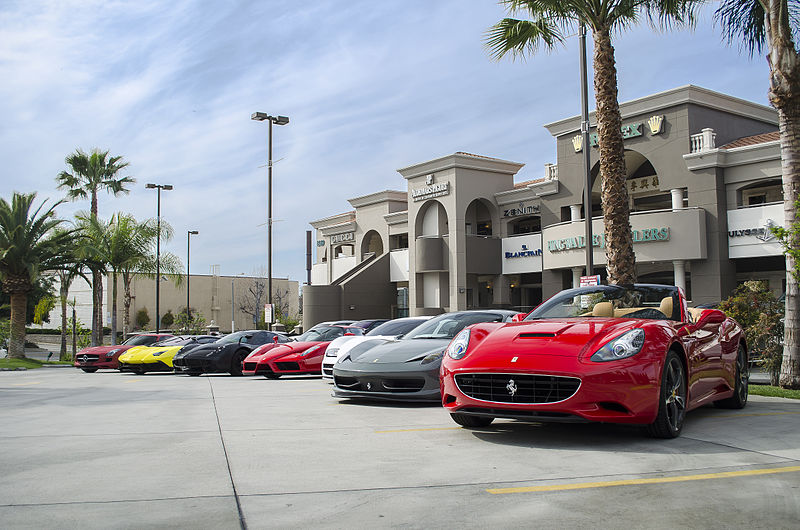Is there such a thing as the “surgical personality”, and does it skew to manifesting itself in ostentatious displays of vehicular transportation?
If you wander down to the staff parking level of any major hospital in the major urban centres of Australia, take a good look at the vehicles resting there. Notice anything unusual?
Of course there will be the usual array of completely impractical giant four-wheel drives that only go off road when they mount the gutter trying to parallel park on narrow city streets. And there will undoubtedly be hundreds of cookie-cutter hatchbacks, resplendent in more than just 50 shades of grey.
But what are those automobiles over there? Why that’s a Ferrari Testarossa, parked right along side a Maserati Quattroporte. And a couple of spots down, there’s a Lamborghini Countach quietly lurking. Who could possibly own these cars?
If you guessed they belong to the hospital’s surgeons, then you’d more than likely be guessing correctly, if The Observational Physician and surGEon Automobile Response (TOP GEAR) survey, published in this month’s Medical Journal of Australia, is to be believed.
Although we suspect that the researchers’ tongues were being fairly firmly pressed into the buccinators mucosa, it’s amusing to see at least some evidence base for the long-held suspicion that there indeed is a “surgical personality” and that personality does skew to manifesting itself in ostentatious displays of vehicular transportation.
According to the study’s abstract, the objective was to determine whether surgeons and junior doctors intending to pursue careers in surgery were more likely to purchase more expensive vehicles, and replace them sooner, than colleagues of similar seniority pursuing non-surgical careers.
The researchers surveyed practising medical officers at an Australian tertiary referral hospital and measured car value, the proportion of doctors who purchased a new car and the median time to replacement of vehicle.
Of the 174 doctors who participated in the survey, it was revealed that 30% of surgeons owned cars valued at more than $50,000 compared with just 6% of non-surgeons. And the median time to replacement was five to seven years for surgeons compared with seven to 10 years for other specialities.
The findings were consistent across all levels of seniority.
The researchers contended that personality traits commonly attributed to surgeons included decisiveness, directness and extroversion, with the latter trait being directly linked to “positive consumption emotions and an increased tendency to engage in conspicuous consumption of luxury cars, providing an unambiguous signal of personal affluence”.
We at The Medical Republic suspect that could be a polite way of saying some surgeons are inclined to be “wankery show-offs”, but you can draw your own conclusions.
MJA; 10 December


